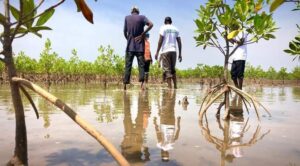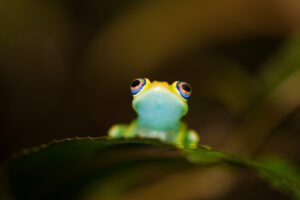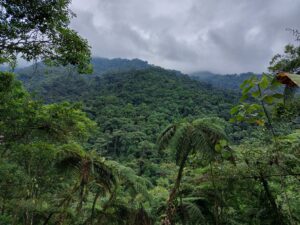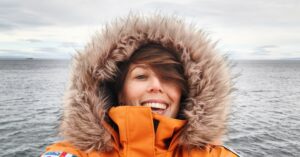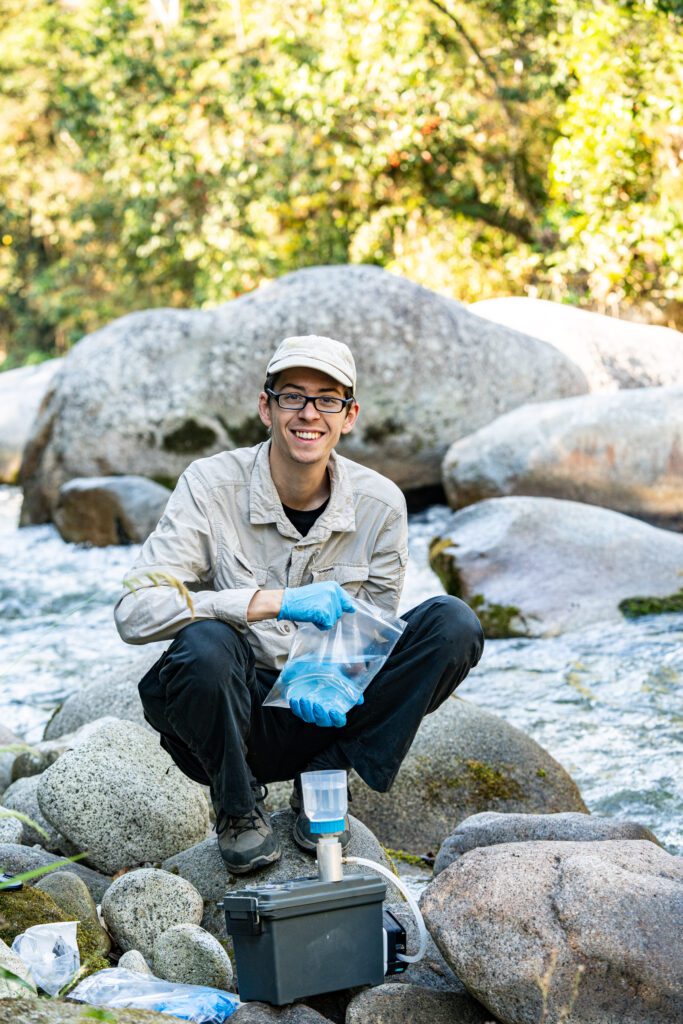Our founders’ story: Lien
Why did you decide to start Habitats?
Nature is our only home. If not now, then when?
WHat’s your favorite habitat?
The ocean, because it’s the most thrilling, underestimated, endangered and mystifying one. Yet I am still quite wet behind the ears when it comes to the blue world. Most of my life, I travelled overland, by motorbike, on horseback or on foot. But ever since I sailed to the south and the north pole, I lost my heart to the ocean.
The more you delve into the climate crisis and the restoration of our ecosystems, the more you realize that you have to look towards the ocean. For a long time, she was one of my biggest blind spots. I took her and her inhabitants too much for granted. And so I started looking for ways to further tell those underexposed stories. Because unknown is unloved, and therefore often underprotected.
Together with plankton, whales are a cornerstone species in our ocean, crucial for our ecological health and survival. Their so-called whale pump brings up vital minerals from the depths, which feed plankton, which in turn provide us with more than 50% of the oxygen we breathe. Even according to the International Monetary Fund, the return of the whale is the core solution to the climate crisis. When things go well for the whale, things go well for us. A thriving future is blue as well as green.
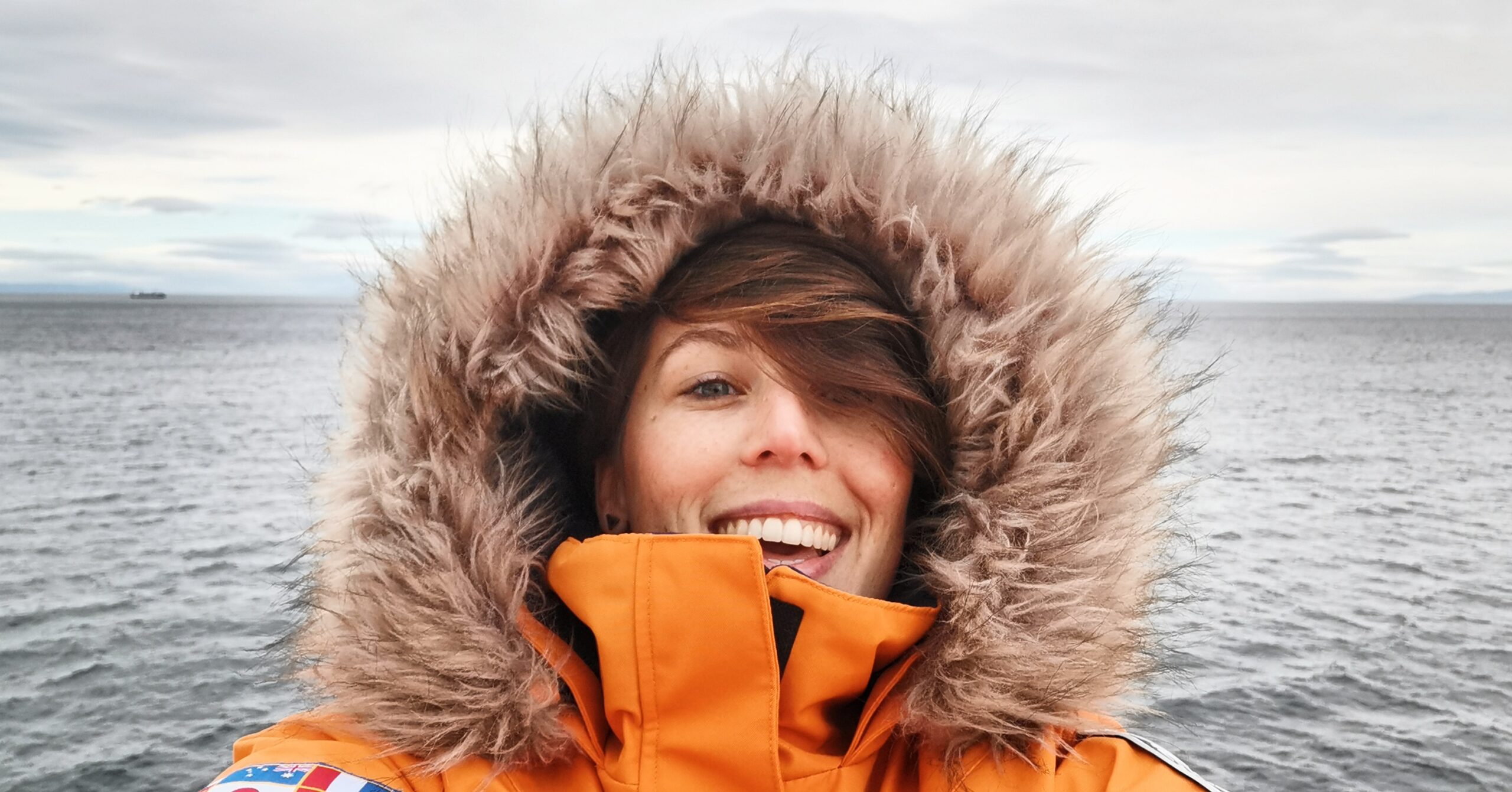
The more you delve into the climate crisis and the urgent restoration of our ecosystems, the more you realize that you have to look towards the ocean.
What tipping point made you decide to focus on biodiversity?
‘How can we do better?’ has always been a guiding question for me. As a futures researcher, impact designer and regeneration strategist, I focus on the importance of long-term thinking and visions to enhance climate actions. I believe we need a regenerative narrative to tackle today’s systemic crisis, that is just as much a crisis of imagination.
Simultaneously, the climate crisis has been accelerating, strongly. Earth is past almost all of its safe limits for humans, scientists say. Most planetary boundaries are now beyond safe and just limits putting life on Earth in the ‘danger zone’. I thought we had more time.
Biodiversity is collapsing, and we see many scenarios unfolding already. That’s why today long-term visions should go hand in hand with bold actions. Our time window is closing. Today, doing nothing is a very active choice too. I’m convinced that the coming ten years are crucial for the future of life on Earth. It’s time to speak up, act up and skill up towards a regenerative system that enriches life.
What’s your most memorable nature experience?
Sharing Arctic waters with 30 whales and orcas… and an equal number of female scientists, storytellers and ocean restorers last year. For several months, I have been part of Sea Women Expeditions (SWX), a volunteer organisation dedicated to ocean restoration and to empowering women in science and polar regions through leadership programmes and experience ‘in the field’. Late November 2022 I went on a whale research expedition in Arctic Norway, more than 350 kilometres above the Arctic Circle.
As soon as I put my head underwater, an extra dimension unfolded. In the corner of my eye I discerned a shadow, bubbles bubbling up beneath me. The polar night has already set in, so underwater visibility was limited. White smudges became fins; not two, but dozens. Then they appeared, out of nowhere. Before I fully realised it, I was merging into an unusually large group of humpback whales. More than thirty of them were swimming under, beside, behind and around me. Calves, teenagers, mothers, grandfathers, giants from five to 15 metres long. They glided slowly by, sighing softly at each other, growling, breezing, humming.
What were they trying to tell me? I kept as still as possible below the water’s surface, echoing their chanting together. Until one of them slowed down, turned around and right below me turned its belly towards me in slow motion. A large eye looked at me long, penetratingly, like a mirage from another time. For a while, we – two mammals – were baffled by each other.
